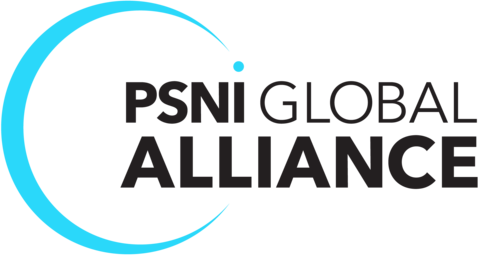Hospital gowns have changed little over the years, but a lot of other things about hospitals have—like patients who don’t care about the back of their gowns flying open because the nurse taking their vital signs is a robot.
Modern medicine isn’t really about robot providers—at least not yet—but healthcare is getting smarter every day. And the possibilities are expanding even as artificial intelligence (AI) technologies improve.
AI is changing the nature of healthcare, from training and planning to triage and patient care to follow-up and record keeping.
Here are some of the capabilities hospitals and other healthcare facilities can consider when looking for technology upgrades:
Planning and Record Keeping
- Facilities management. AI can analyze health threats like allergens and caregiver hygiene. AI can be used to trigger hospital alerts and warnings for everything from intruder threats to environmental hazards.
- Workflow improvement. Machine learning helps optimize operational efficiencies and patient workflows by making sure spaces and physicians aren’t empty and idle.
- Records management. Machine learning helps with storing and organizing the massive amounts of records generated in healthcare that must be kept secure and easily retrievable
- Crisis prevention and preparation. AI can help track trends in community health and outbreaks and help notify and plan for staffing by detecting trends or data that may be missed by human monitoring.
Patient Care
- Training. Training for healthcare providers can adjust based on the trainee’s existing level of knowledge and their rate of learning. Intelligent training programs will even be able to learn from students’ test results and self-adjust based on their own level of effectiveness.
- Surgery. Robot-assisted surgery is a growing field that can help improve accuracy and patient outcomes in many areas of medicine.
- Medical treatment. Robot nurses can deliver medications, change bedpans, lift patients, and so much more.
- Patient monitoring. AI can be used to monitor vital signs, activity, substance abuse risk, and more. It can be used to subsequently alert the patient or caregiver, and recommend what actions they should take.
- Patient diagnostics. Beyond simple monitoring, AI is able to read signs more reliably than traditional tests. AI programs will contain immense amounts of medical knowledge—more than human doctors can store in their brains or efficiently search in databases. The next step will be that AI will be able to recommend the best course of treatment, but human involvement will be an essential component of any treatment for the foreseeable future.
Ongoing Care
- Monitoring. Healthcare providers are able to remotely monitor patients with chronic conditions. They can track vital signs, blood tests, and more.
- Chat. Patients can discuss symptoms, dosing, and even psychological issues with healthcare chat bots.
- Wearables. Smart wearables will likely be an important component of wellness care. Devices that collect biometric data will often be able to let you know something is wrong before you even recognize symptoms.
- Reminders. A robot will know whether you took your medication even if you can’t remember, and AI will be able to remind you about potential interactions, doctor appointments, recommended exercise, and much more.
- Voice control. Patients will have a much easier time at home with a virtual voice assistant that can call the doctor’s office, remind them to take medications, and even give them emergency room wait times.
There are many more uses for AI in healthcare than those listed above, but it’s important to get a head start on this trend. The future of healthcare is smart, and it’s only going to get smarter and more widespread.









